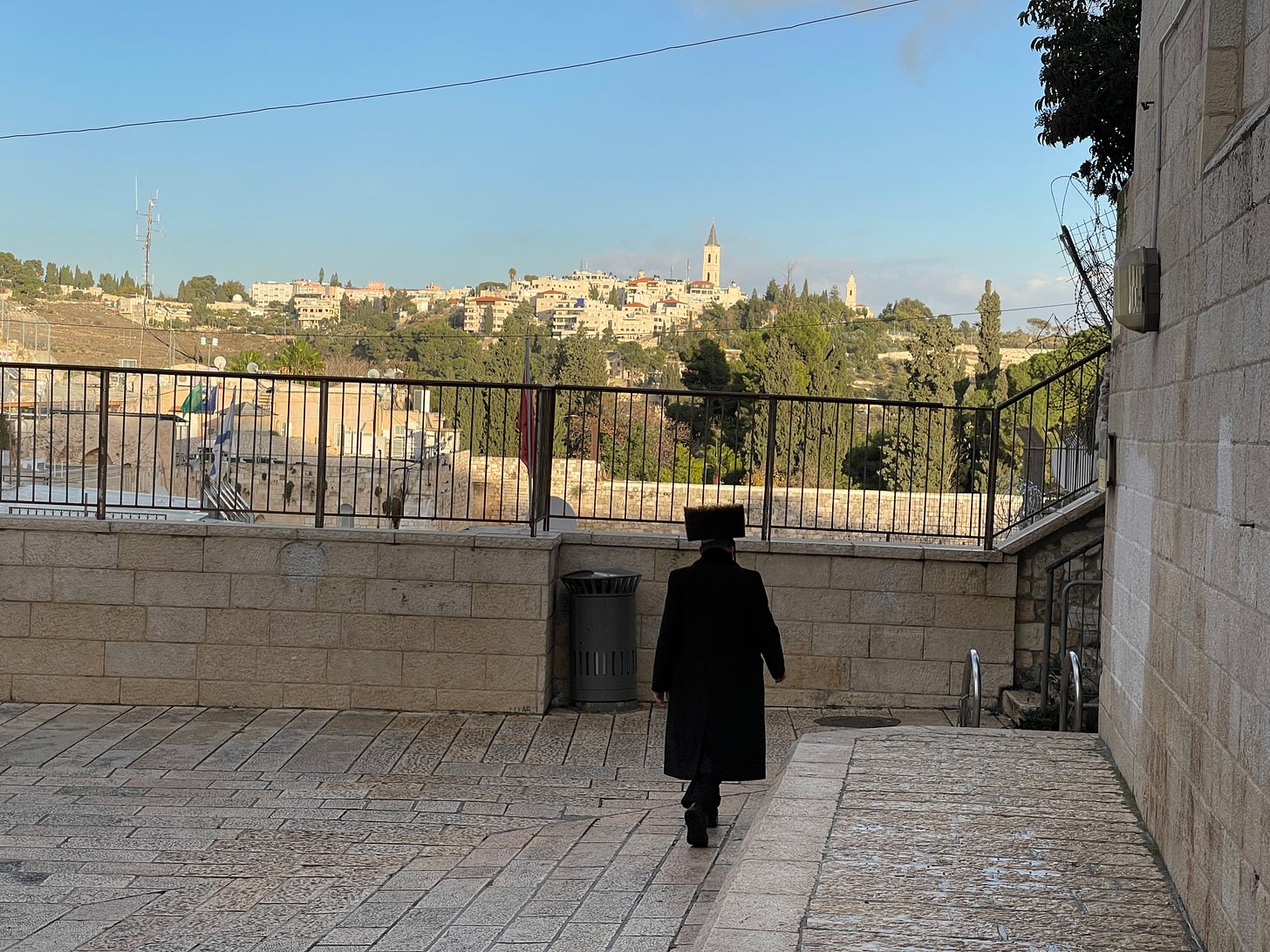A New Israel
After months in the Canadian wilderness, I am finally back in Europe. This past week I visited Jerusalem even as a new Israeli government, the most radical in its history, was being formed.
In the labyrinthine alleys of Jerusalem’s old town the spice merchants were doing a brisk trade this week.
Spaniards, Russians, Brazilians, Africans, Asians and diaspora Jews were crowding around mounds and pyramids of thyme, saffron and sumac to haggle and to buy.
In the Church of the Holy Sepulchre, sit…




